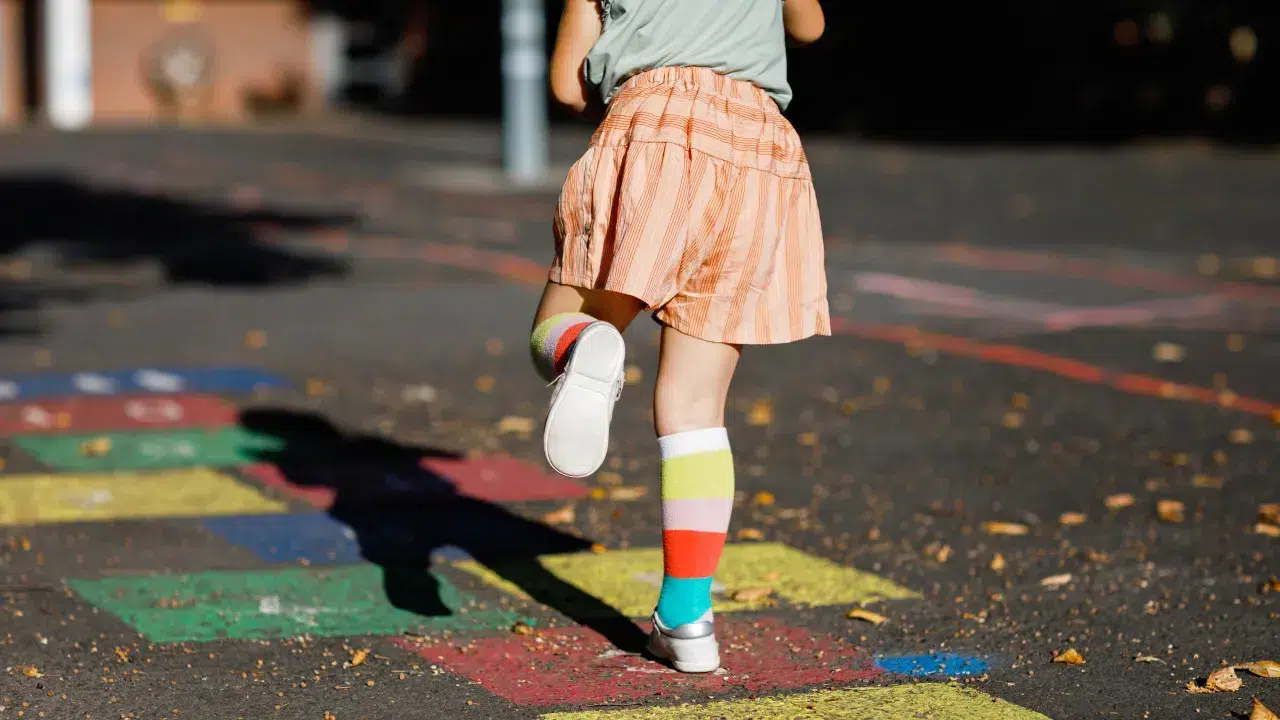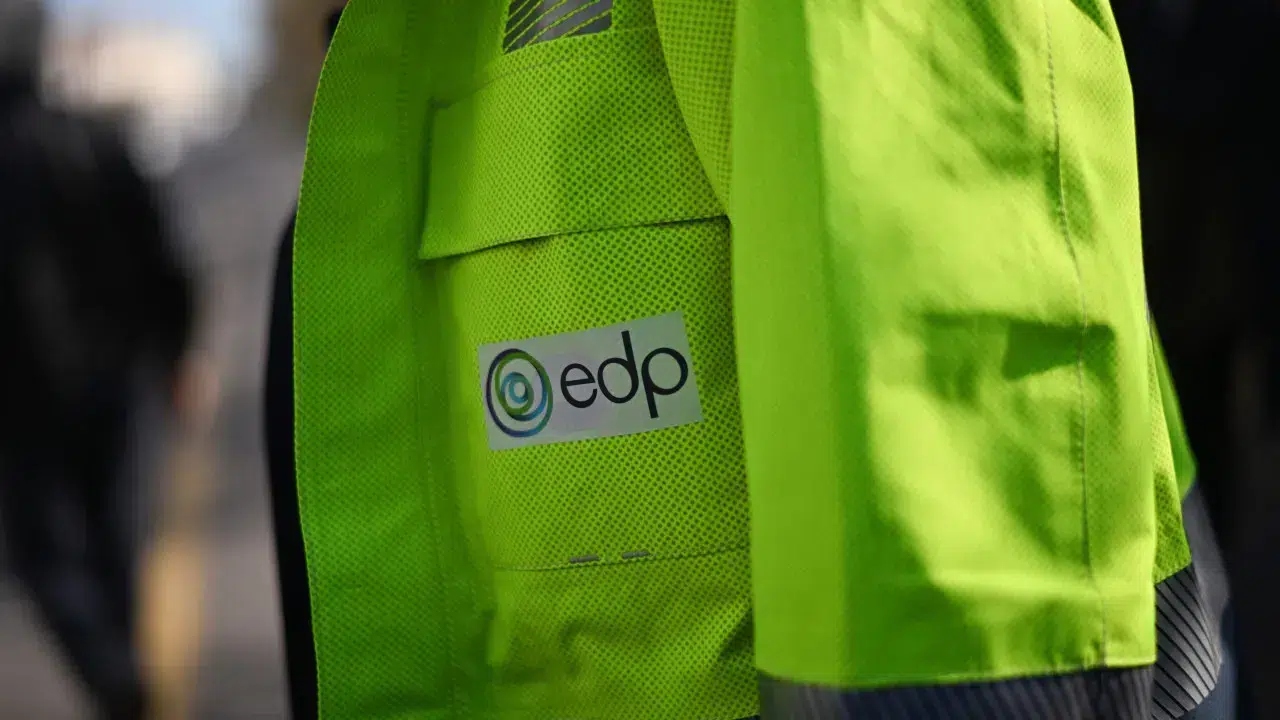
Tito de Morais, the founder of MiudosSegurosNa.Net and an expert in digital parenting, highlights meetings held by the association “Agarrados à Net” in schools with parents, students, and teachers to urge parents to stop saying: “I don’t know much about the internet, but my child knows a lot.”
“If you know little, go to your children and learn,” advises the expert, warning about the difficulty that AI-based language translation systems face in deciphering the coded language used by children on social networks.
This debate has reemerged in Portugal and other European countries following the success of the Netflix series Adolescence, about a 13-year-old boy accused of killing a schoolmate, bringing back into public discussion the dangers of misogynistic, violent, and discriminatory ideas spreading among young people via social media and closed internet groups.
The use of coded language through emojis led the PSP this week to release information explaining the various meanings of emojis used by young people: an eggplant or a puppy can symbolize the male sexual organ, a flower the female, a target, and a horse heroin, a clover or a broccoli head cannabis, ice and a coconut cocaine, and a diamond or a test tube amphetamines.
“The series tells us about the meanings of some emojis used by kids, but many words used by today’s young people also have different meanings than when we were younger,” Tito de Morais warned, citing an encounter he attended: “I asked, and few people knew that ‘cenas’ can mean drugs.”
The risks are numerous, and the expert adds: “The focus is now on issues related to misogyny, but people seem to have forgotten that there were young Portuguese who went to fight for the Islamic army.” “The Internet is a recruitment tool for everything.”
Cristiane Miranda, co-founder of “Agarrados à Net,” which promotes the digital well-being of children, young people, and adults by combating bullying, cyberbullying, and sexual violence based on images, warns: “It’s increasingly difficult, but increasingly important for parents to find time to talk to their children.”
However, she argues that not all the blame should be placed on parents, reminding that while parents should accompany their children, “it’s necessary to understand that kids are autonomous beings, and if they have to do something, they will.”
“Parents should be attentive and talk to their children, maintain that connection, and this will reduce the likelihood of these things happening,” she adds.
The ideal, they argue, is “to always keep the door open for dialogue, without judgment,” to “try to understand the digital lives of their children.”
“It’s not parental control, it’s guidance,” emphasizes Tito de Morais, adding: “This can happen to any family, especially if they don’t follow their children.”
“If we’re not the ones transmitting values to our children, the internet will do it, with its best and its worst,” considers Tito de Morais, recalling: “In a group context, our children may have behaviors that do not align with the values by which we raised them and that we promote at home.”
Cristiane Miranda recalls that “there are no 100% secure solutions” and that “some things can slip through,” warning: “just as they are concerned about asking questions when young people go out at night, it’s also necessary to ask about online life.” Because the danger, more than on the street, can be in the pocket.
After the warning issued by the series Adolescence, Tito de Morais insists: “Now that parents have the information, the important thing is what they will do with it.”
The British miniseries of four episodes has already accumulated 42 million views, according to Netflix. It has been number one in the top 10 since its release two weeks ago in 80 countries, including Portugal.




